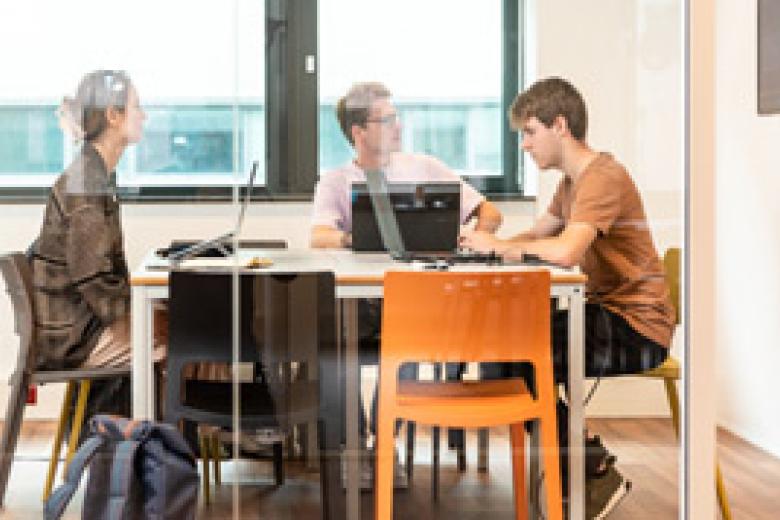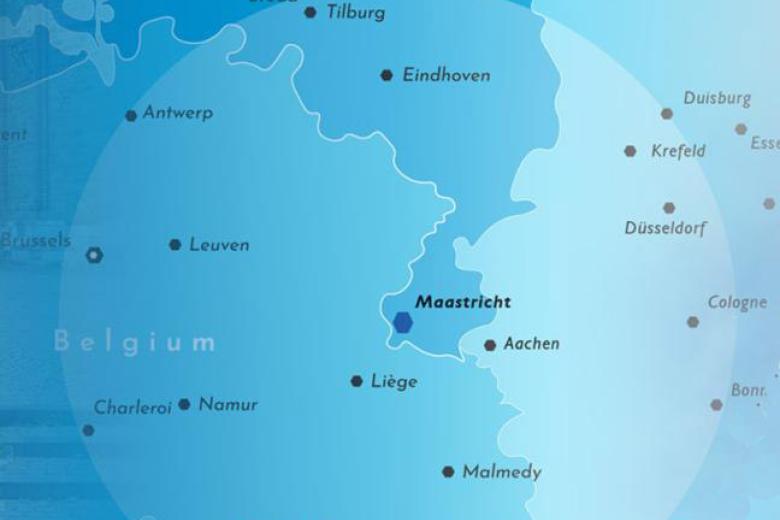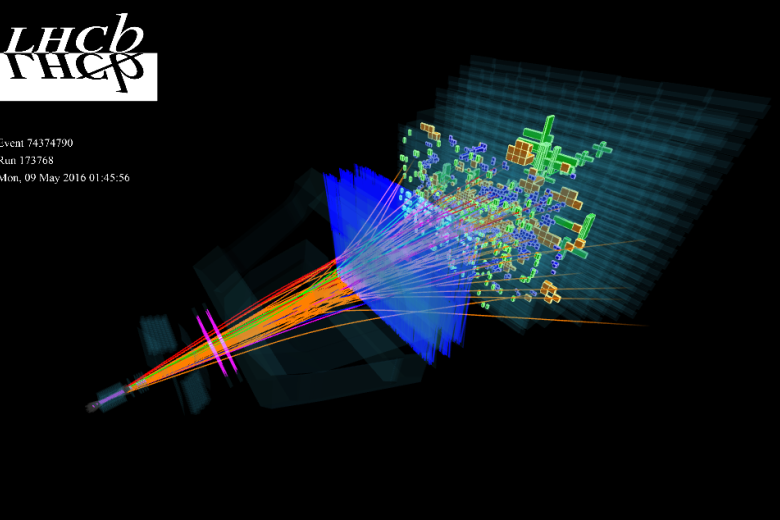Department of Advanced Computing Sciences
The Department of Advanced Computing Sciences - sometimes abbreviated as DACS - is Maastricht University’s largest and oldest department, broadly covering the fields of artificial intelligence, data science, computer science, mathematics, and robotics.
We maintain a large network of public and private partners through our research collaborations and through our honours programmes CS@Work and the award-winning KE@Work. In addition, our staff teaches approximately 1400 bachelor’s and master’s students in specialised study programmes in Data Science, Artificial Intelligence, and Computer Science.
Research
Research at the Department of Advanced Computing Sciences spans the disciplines and interfaces of artificial intelligence, data science, computer science, applied mathematics and robotics.
We develop new tools and methodologies to advance these fields. At the same time, we collaborate with a wide range of institutes both within and outside of Maastricht University and work on diverse applications, including in the fields of health and medicine, logistics, biology, art, physics, agrifood, smart industries, neuroscience and education.
Education
BSc Computer Science
This 3-year bachelor's programme focuses on developing software for the purpose of improving the performance of computers.

BSc Data Science and Artificial Intelligence
Our 3-year bachelor's programme offers a combination of applied mathematics and programming, and focuses on the technical aspects of Data Science and Artificial Intelligence.
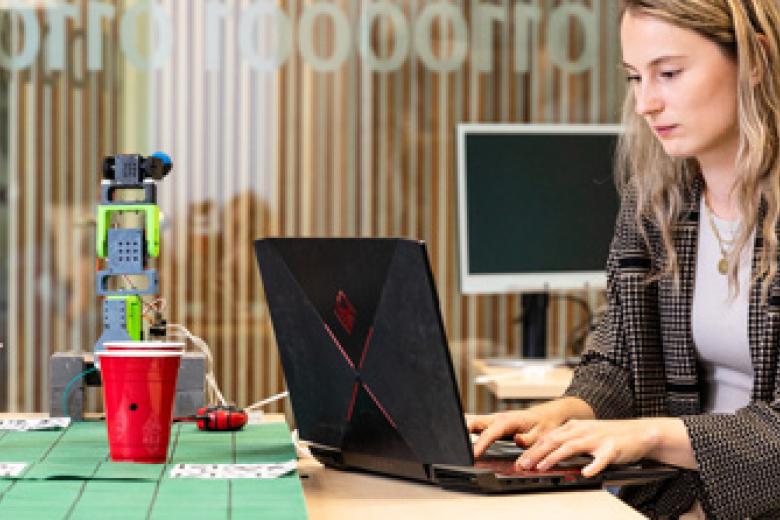
MSc Artificial Intelligence
Our 2-year master's programme in Artificial Intelligence focuses on simulating human intelligence for a wide variety of applications: from game design to patient diagnosis.
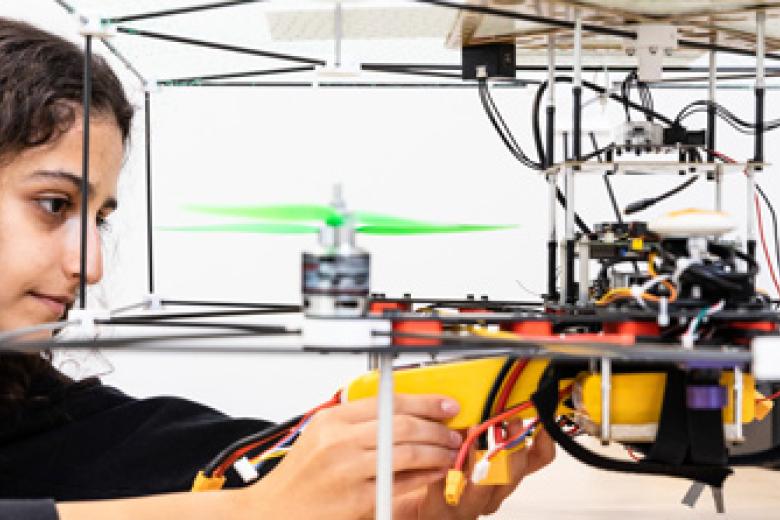
MSc Data Science for Decision Making
Our 2-year master's programme in Data Science for Decision Making teaches students to extract valuable information from large datasets for widespread applications.
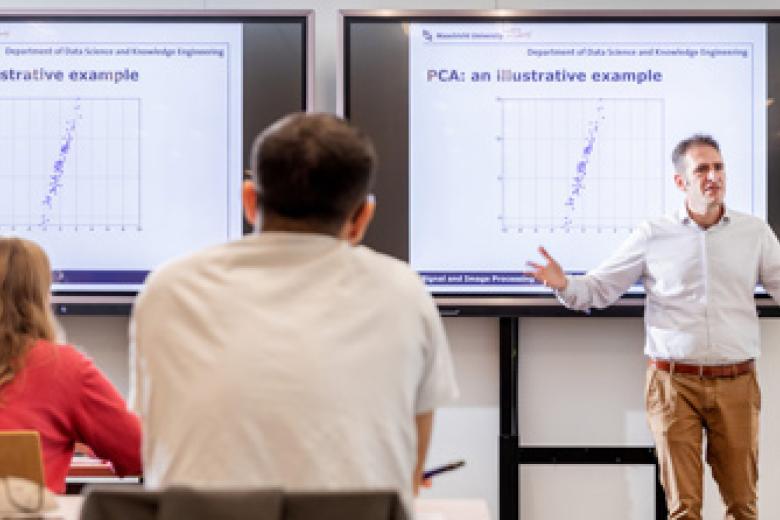
Teaching method
All of our study programmes employ project-centred learning: an educational model that trains employability skills in addition to technical skills.
